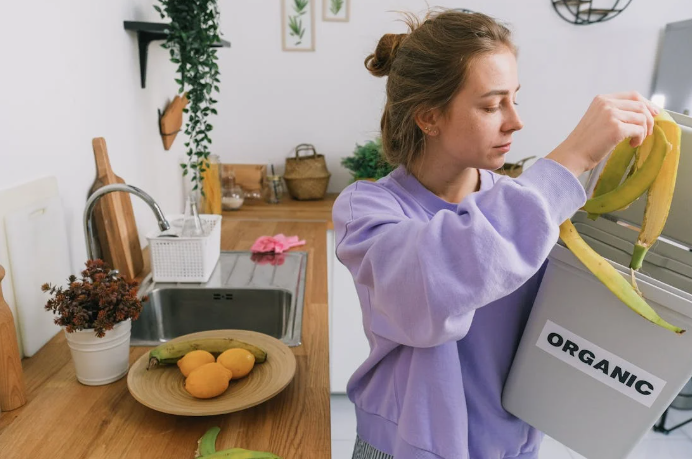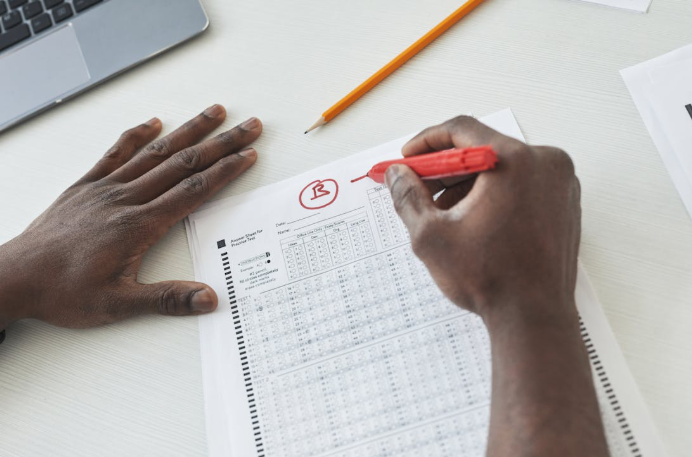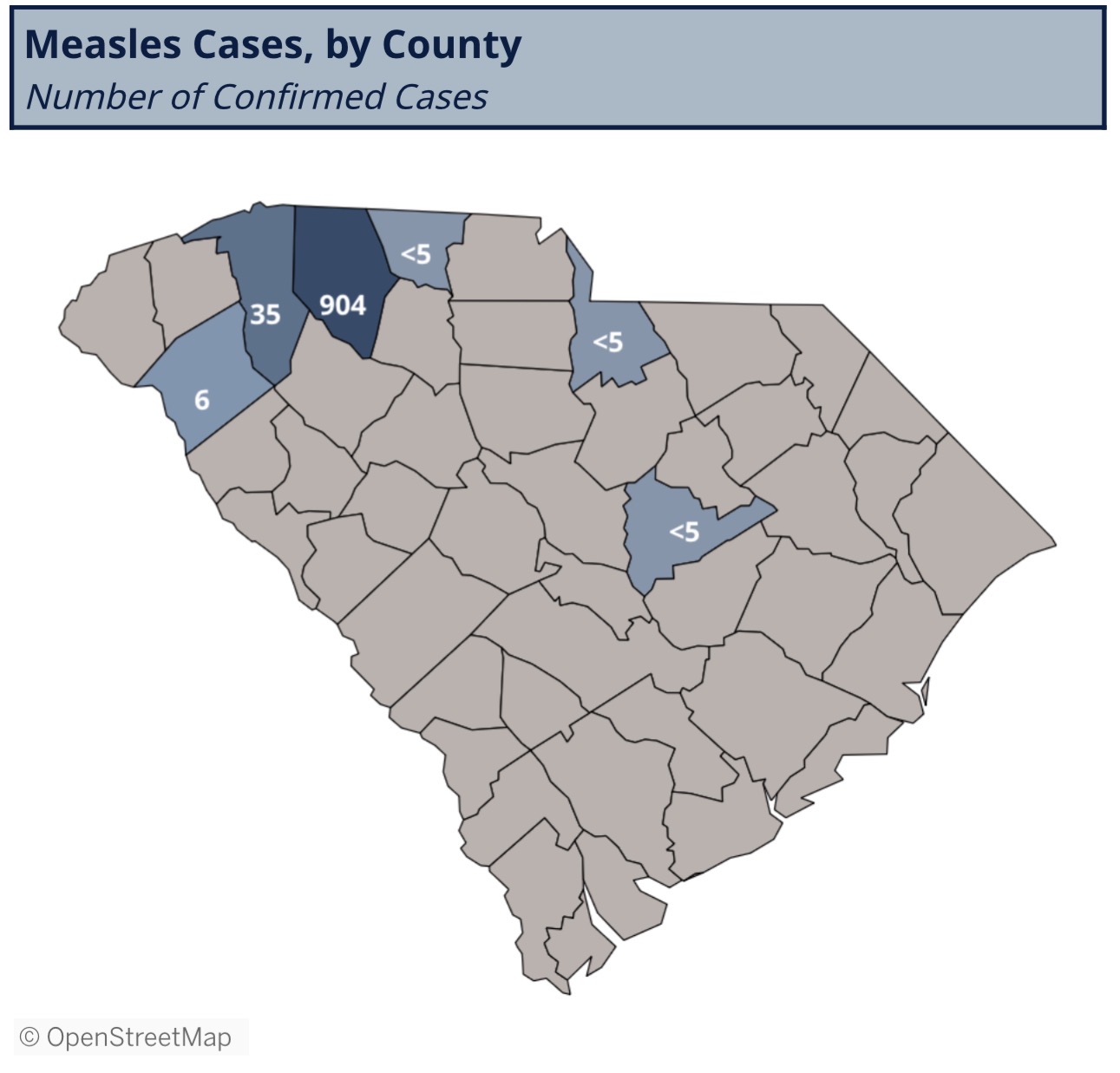Composting at home is an excellent way to reduce waste, enrich your soil, and contribute to a more sustainable lifestyle. Whether you have a large backyard or a small apartment, there’s a composting method that can work for you. Here’s how to get started.
1. Choose a Composting Method
Before you start, decide which composting method suits your space and lifestyle:
- Backyard Composting – Ideal for those with outdoor space. Requires a compost bin or a designated pile.
- Indoor Composting – Perfect for apartments or homes with limited outdoor space. Worm bins (vermicomposting) or countertop composters work well.
- Tumbler Composting – A quick and efficient method using a rotating bin for easy aeration.
2. Pick a Compost Bin or Pile
If you’re composting outdoors, you can build a simple compost pile or use a bin to contain your materials. Bins can be made of wood, plastic, or metal, and tumblers offer a contained and odor-free option. Indoor composting bins should be well-ventilated and include drainage to prevent excess moisture.
3. Know What to Compost
A successful compost pile requires a mix of:
- Greens (Nitrogen-Rich Materials) – Fruit and vegetable scraps, coffee grounds, eggshells, and grass clippings.
- Browns (Carbon-Rich Materials) – Leaves, cardboard, paper, sawdust, and straw.
Avoid composting dairy, meat, oily foods, and pet waste, as they can attract pests and slow decomposition.
4. Layer and Maintain Your Pile
For optimal composting, alternate layers of greens and browns to balance nitrogen and carbon. Keep the compost damp, like a wrung-out sponge, and turn it regularly to provide oxygen and speed up decomposition.
5. Be Patient and Harvest Your Compost
Depending on conditions, compost can take anywhere from a few months to a year to break down into rich, dark soil. Once it has an earthy smell and crumbly texture, it’s ready to use in your garden, flower beds, or potted plants.
Final Tips for Success
- Chop food scraps into smaller pieces to speed up decomposition.
- Keep your compost aerated by turning it regularly.
- If your compost smells bad, add more browns to absorb excess moisture.
- In colder months, composting may slow down, but it will still break down over time.
In summary, starting a compost system at home is an easy, rewarding way to reduce waste and nourish your garden.
Sign up for our Sunday Spectator. Delivered to your inbox every Sunday, with all the news from the week.









